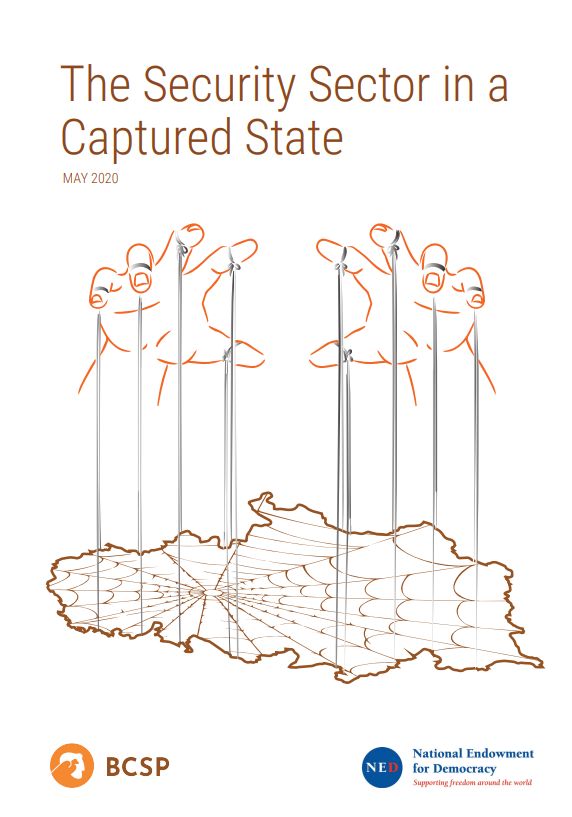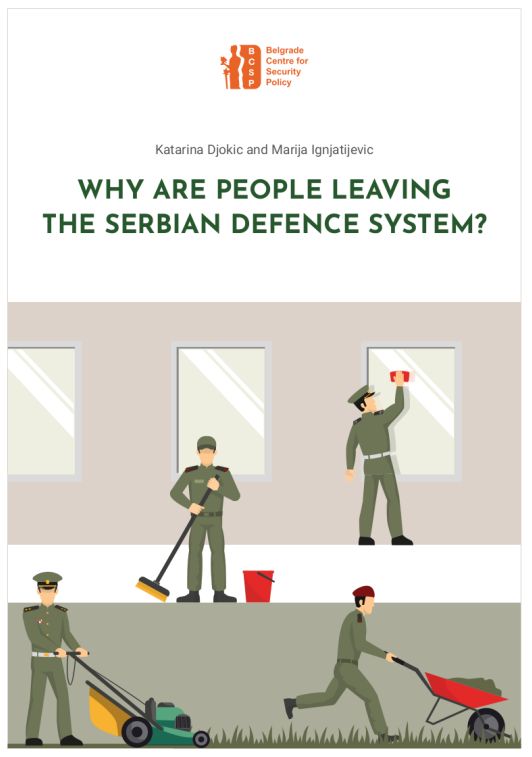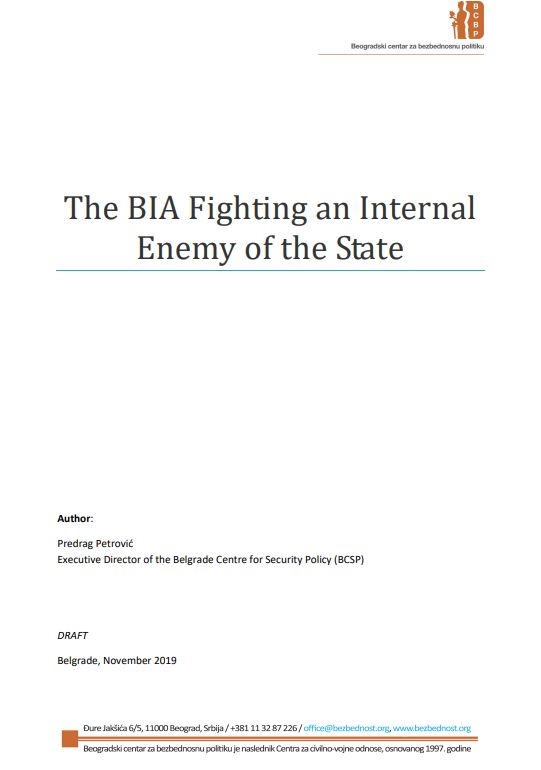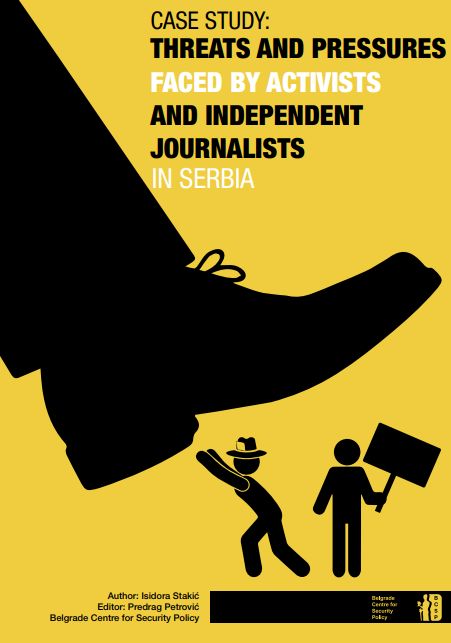
The Security Sector in a Captured State
The Security Sector in a Captured State
Keywords: State Capture; Deep-seated control; security institutions
State capture is a deliberate political undertaking in which political actors use the consequences (both real and imagined) of the previous government as justification for the complete capture of the state’s institutions. These legitimising narratives are specific to every country and range from fighting crime and corruption, to advancing social justice, preserving national and cultural identities, mythomaniac notions of national origins and so forth. Of course, the narratives can change over time, as evidenced by the example of Serbia, but their essence remains the same: to act as a smokescreen for ever broader and ever deeper capture of the state.In such an endeavor, security sector institutions are among the first targets of political actors, since by increasing and concentrating their security power they are simultaneously increasing their political power. Some security sectors and institutions are also on the receiving end of significant budgetary outlays (e.g. the defence sector and the police), which makes them potentially significant sources of cash flow for the party leadership and those close to them. Deep-seated control of security institutions also ensures the ruling party leadership can redirect public funds into private pockets unhindered.
More...


